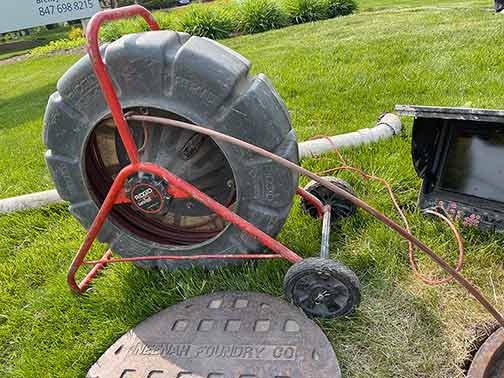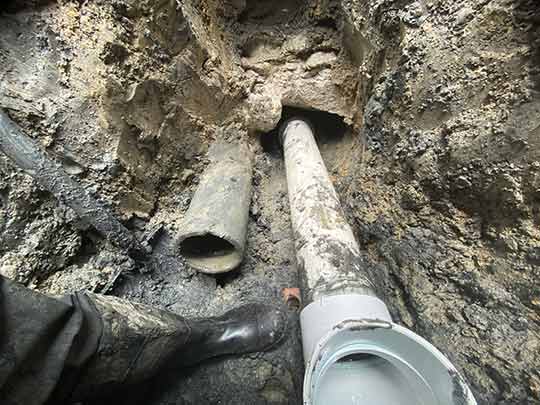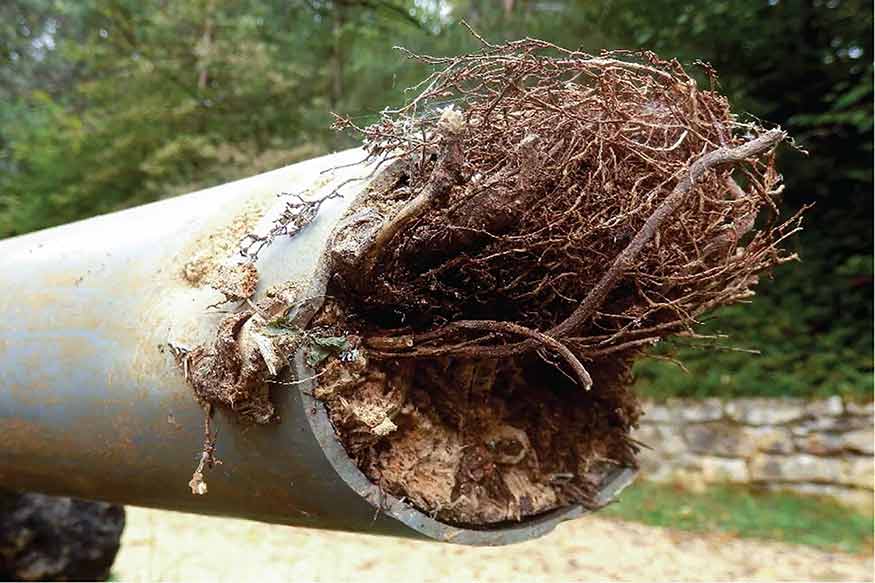As a homeowner, it is important to understand the extent of coverage provided by your homeowners insurance policy. Home maintenance and repairs can be expensive, and unexpected issues like a damaged sewer line can cause significant financial strain. Many homeowners wonder whether their insurance will cover the costs associated with sewer line repairs. In this article, we will explore the topic in-depth and provide you with the information you need.
Understanding Homeowners Insurance Coverage
Homeowners insurance typically covers a wide range of perils and damages, including fire, theft, and certain natural disasters. However, policies often have exclusions and limitations, which can vary depending on the insurance provider and the specific policy you have. It is crucial to carefully review your policy documents to understand the coverage you have and the scope of exclusions.
The Importance of Sewer Line Maintenance
Your home’s sewer line plays a crucial role in the proper functioning of your plumbing system. It transports wastewater from your home to the municipal sewer system or a septic tank. Over time, sewer lines can develop issues due to aging, tree root intrusion, ground settlement, or shifting soil. It is important to understand that maintenance and repairs of sewer lines are generally the homeowner’s responsibility.

If the sewer line becomes damaged due to a sudden and accidental event, such as a vehicle crashing into your property and damaging the line, your insurance policy might cover the repairs.
Does Homeowners Insurance Cover Sewer Line Repair?
The coverage for sewer line repairs can vary depending on the insurance provider and the specific policy. In general, standard homeowners insurance policies do not cover damage or repairs to the sewer line caused by wear and tear or aging. However, there are instances where coverage may be available:
- If the damage to the sewer line is a direct result of a covered peril, such as a tree falling on the line during a storm, the cost of repair may be covered.
- If the sewer line becomes damaged due to a sudden and accidental event, such as a vehicle crashing into your property and damaging the line, your insurance policy might cover the repairs.
Additional Coverage Options
While standard homeowners insurance policies may not cover sewer line repairs, some insurance companies offer optional coverage for service line protection. This coverage, often available as an endorsement or add-on to your existing policy, can provide coverage for repairs or replacement of damaged sewer lines or other service lines on your property.
It is essential to carefully review the terms, conditions, and coverage limits of any optional endorsements and add-ons for service line protection. These additional coverages may have exclusions, waiting periods, and deductible requirements, so it is important to understand the specifics.

Have regular camera inspections of your sewer line conducted by a professional to identify potential issues before they become major problems.
Taking Preventative Measures
While insurance coverage for sewer line repairs may have limitations, it is always a good idea to take preventative measures to reduce the likelihood of expensive repairs. Here are some steps you can take:
Have regular camera inspections of your sewer line conducted by a professional to identify potential issues before they become major problems.
Avoid planting large trees near the sewer lines to minimize the risk of root intrusion.
Be cautious of what goes down your drains and toilets. Dispose of grease, oil, and non-flushable items properly to prevent clogs and damage to the sewer line.
If you notice any signs of a potential sewer line issue, such as slow drains, foul odors, or sewage backup, promptly address them to prevent further damage.
In Conclusion
In most cases, homeowners insurance policies do not cover the repair costs associated with damaged sewer lines due to wear and tear or aging. However, coverage may be available if the damage is caused by a covered peril or a sudden and accidental event. Consider reviewing your policy documents and exploring optional coverage options, such as service line protection endorsements, to better protect yourself from unexpected expenses. Taking preventative measures and conducting regular inspections of your sewer line can help minimize the risk of costly repairs in the future.


